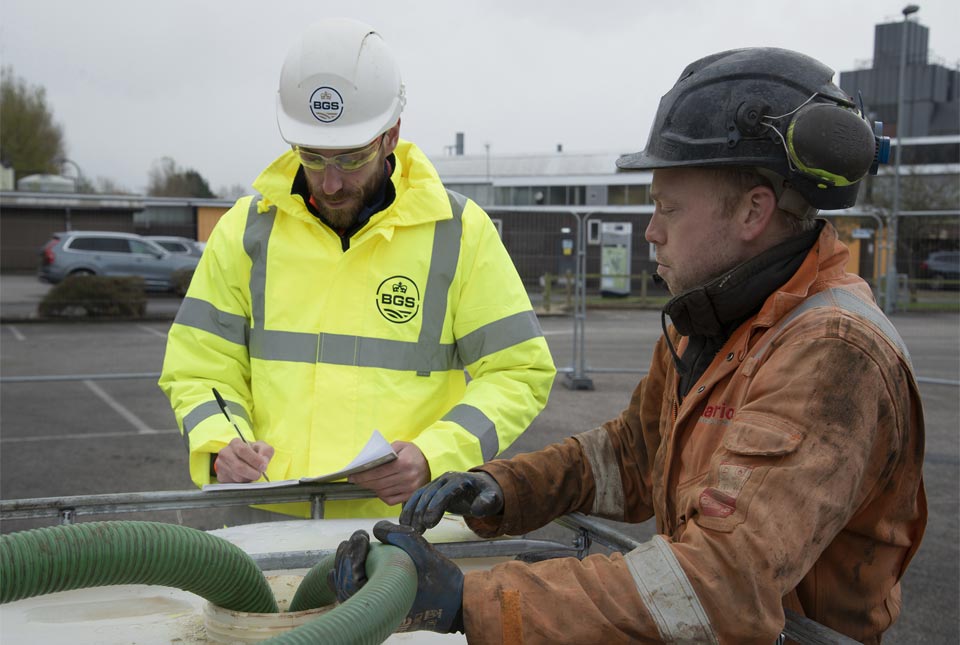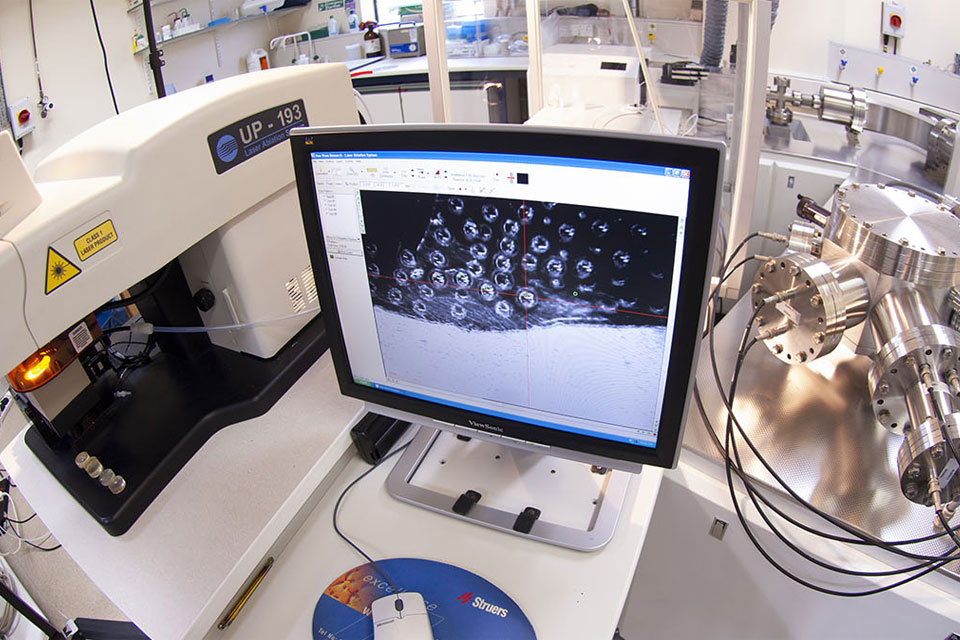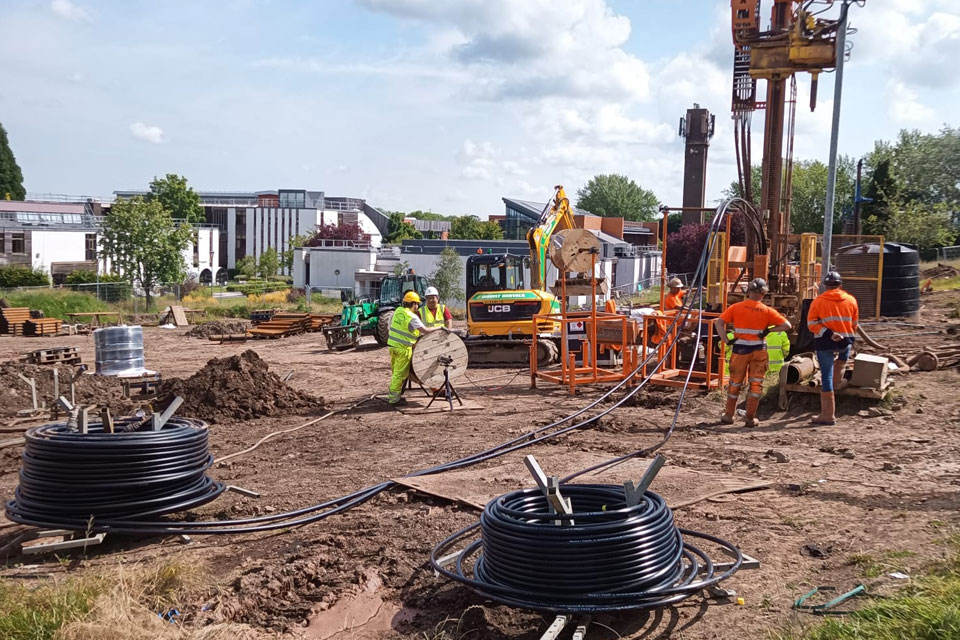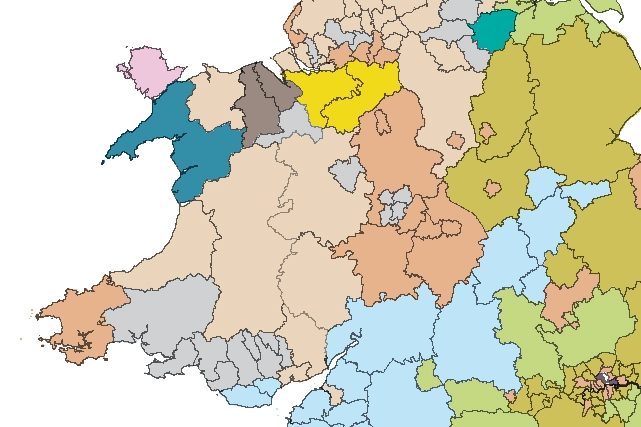UK set for groundbreaking underground observatory in Cheshire
The UK Geoenergy Observatories project will deliver a second underground observatory for the UK after it was granted planning permission on Wednesday 9 February.
09/02/2022 By BGS Press
The Cheshire Observatory in the University of Chester’s Thornton Science Park was approved by Cheshire West and Chester Council.
This means the £31 million project will be delivered in full by 2024. The Glasgow Observatory is already operational and providing open data for scientists and researchers.
Together, the Geoenergy Observatories will provide scientists with at- scale test facilities that can be used to optimise and de-risk a range of subsurface energy technologies. They will increase the UK’s research and innovation in low-carbon energy supply and storage
Subsurface energy storage
The Cheshire Observatory will comprise a network of 21 boreholes up to 100m deep. It will provide world-class research facilities for geoenergy storage scientists and innovators.
The boreholes will be equipped with a range of subsurface technologies including borehole heat exchangers for heating and cooling of the subsurface, advanced sensors for 3D imaging of subsurface processes in real-time, and equipment for multilevel groundwater monitoring and hydraulic control.
Data will be free and open to the public, public bodies, researchers and industry.
Construction will begin in summer 2022
Now that planning permission has been granted, construction is expected to start in summer 2022.
The project team has issued a tender for the principal contractor to build the Cheshire site.
If the UK is to meet its net zero targets, we need to balance renewable energy supply and demand and reduce our dependency on gas for heating.
The Cheshire Observatory will be a place where developers of geoenergy supply and storage technologies can work together to create high performance systems and understand how these interact with the subsurface environment.
It will complement the Glasgow Observatory, which is already providing important insights into how thermal energy in flooded former coal mine workings can be used for the heating of buildings.
This world-class facility will be open to users globally and will play a key role in our path towards a net zero energy future.
Dr Mike Spence, science director of the UK Geoenergy Observatories.
Sign up for the newsletter for updates.
Media contact: Sarah McDaid (sarah@mcdaidpr.co.uk/ 07866789688).
Relative topics
Related news

Call for new members and Chair to join the NERC facilities steering committees
25/02/2026
New members are needed to join the committees over the next four years.

Your views wanted – developing a ‘Geothermal energy subsurface data portfolio’
24/02/2026
BGS is aiming to support the growth of the sector by providing the best-available, location-specific geothermal and ground source heat information as an accessible product or service.

Map of BGS BritPits showing the distribution of worked mineral commodities across the country
18/02/2026
BGS’s data scientists have generated a summary map of the most commonly extracted mineral commodities by local authority area, demonstrating the diverse nature of British mineral resources.

Funding awarded to map the stocks and flows of technology metals in everyday electronic devices
12/02/2026
A new BGS project has been awarded Circular Electricals funding from Material Focus to investigate the use of technology metals in everyday electrical items.

New UK/Chile partnership prioritises sustainable practices around critical raw materials
09/02/2026
BGS and Chile’s Servicio Nacional de Geología y Minería have signed a bilateral scientific partnership to support research into critical raw materials and sustainable practices.

Extensive freshened water confirmed beneath the ocean floor off the coast of New England for the first time
09/02/2026
BGS is part of the international team that has discovered the first detailed evidence of long-suspected, hidden, freshwater aquifers.

Funding secured to help mitigate ground risk in UK construction sector
05/02/2026
The BGS Common Ground project has been awarded new funding to help unlock the value of ground investigation data.

Can sandstones under the North Sea unlock the UK’s carbon storage potential?
02/02/2026
For the UK to reach its ambitious target of storing 170 million tonnes of carbon dioxide per year by 2050, it will need to look beyond the current well-studied geographical areas.

Quaternary UK offshore data digitised for the first time
21/01/2026
The offshore wind industry will be boosted by the digitisation of a dataset showing the Quaternary geology at the seabed and the UK’s shallow subsurface.

Suite of ten new soil reference materials released
02/01/2026
BGS has a longstanding track record of producing high-quality reference materials and has released ten new soil reference materials.

Perth and Kinross tops the UK’s earthquake activity charts for 2025
29/12/2025
Seismologists at BGS have published data on the number of seismic events over the past 12 months with over 300 earthquakes recorded.

BGS awarded funding to support Malaysia’s climate resilience plan
17/12/2025
The project, funded by the Foreign, Commonwealth & Development Office, will focus on minimising economic and social impacts from rainfall-induced landslides.



